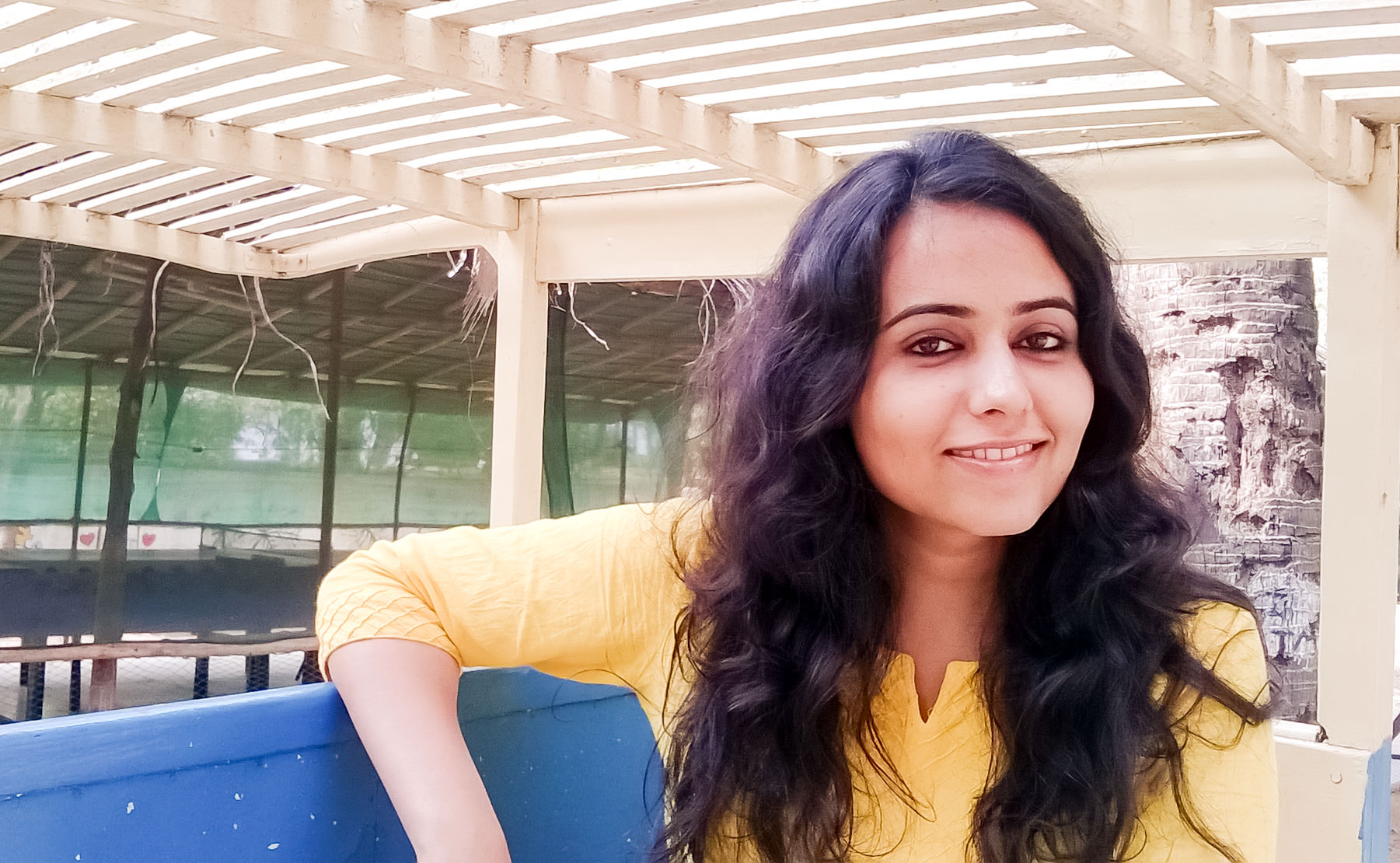
Gazal Dhaliwal is a woman full of grace and strength, living life on her own terms. And in doing so, she is undoubtedly making a difference to many other lives around the world. The gifted dialogue writer for ‘Lipstick Under My Burkha’ entered the spotlight about a decade ago when she underwent sex reassignment surgery and helped open up a conversation about gender identity and transgender lives in a country where anything outside perceived societal norms is bottled up and ignored. It is almost fitting that the dialogue for a progressive feminist film like ‘Lipstick’ was written by Gazal, who says that she saw bits of herself in every female character.
The film opens with a voice-over (Ratna Pathak) reading lines from a romance novel called “Lipstick Waale Sapne” as a young burkha-clad girl (Plabita Borthakur) browses through the aisles of an upscale cosmetic store, before stealing the lipstick she fancies. This narration is peppered throughout the film, overlaid on the everyday lives of four women struggling to find their freedom. To Gazal, the “burkha” represented her own body that she had to hide under for the first 25 years of her life. She tells us about writing for the film and her hope for the future -to use her medium to raise awareness about LGBT lives in India.
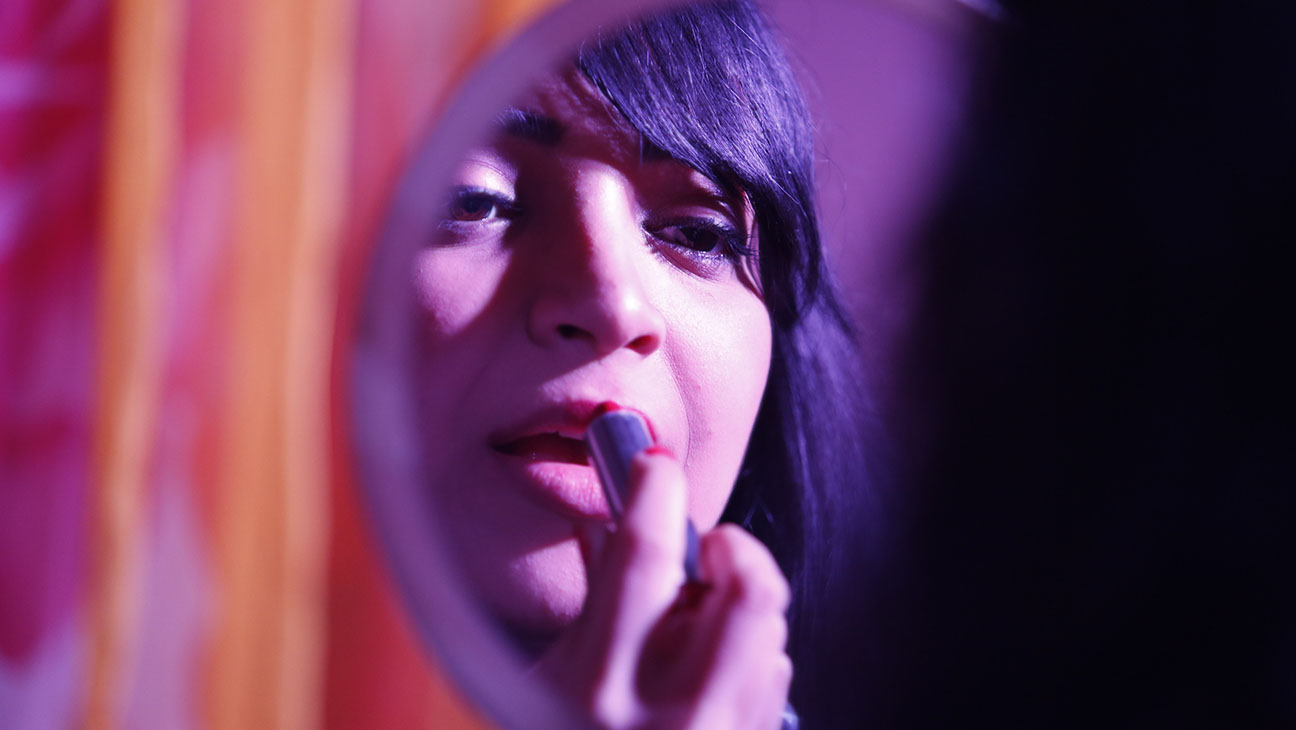
Can you tell us a little bit about your journey into screenwriting?
Love for films got passed down to me genetically. When I was growing up, my father told me stories of how getting his clothes torn while buying first-day-first-show movie tickets was a regular phenomenon. Much like him, I have been obsessed with cinema ever since I can remember. I still feel a mad rush about catching the first-day-first-show of every new release every week!
Even though my good academic grades took me on the (safe) path of studying Engineering and working as a Software Engineer with Infosys Technologies for 2 years, the dream of being a part of films never left me. I wanted to tell stories myself, to move countless people in the way I had been moved by many beautiful films. When I couldn’t shake that dream off, I finally quit my job in 2005 and came to Mumbai. I studied filmmaking for a year and started assisting Mr. Govind Nihalani on an animation film script.
“One fine day, in 2009, I shut myself in a room and wrote and wrote and wrote for 25 days straight.”
Eventually, one fine day in 2009, I shut myself in a room and wrote and wrote and wrote for 25 days straight. That’s how my first script was born. Even though it is still waiting to be turned into a movie, what it gave me is much bigger than a movie. It gave me confidence and a sense of certainty that I could do this… that I’d like to do this.
That’s the story of how I got into screenwriting. I often like to say that screenwriting is like making movies on paper. It allows me to let my imagination run wild, to not be restricted by real-world constraints like budgets, actors’ potential, a shoot shift coming to an end, etc. I can create just about anything on paper – and then, it’s someone else’s job to make it come true on screen. It’s wickedly satisfying.
“I can create just about anything on paper – and then, it’s someone else’s job to make it come true on screen. It’s wickedly satisfying.”
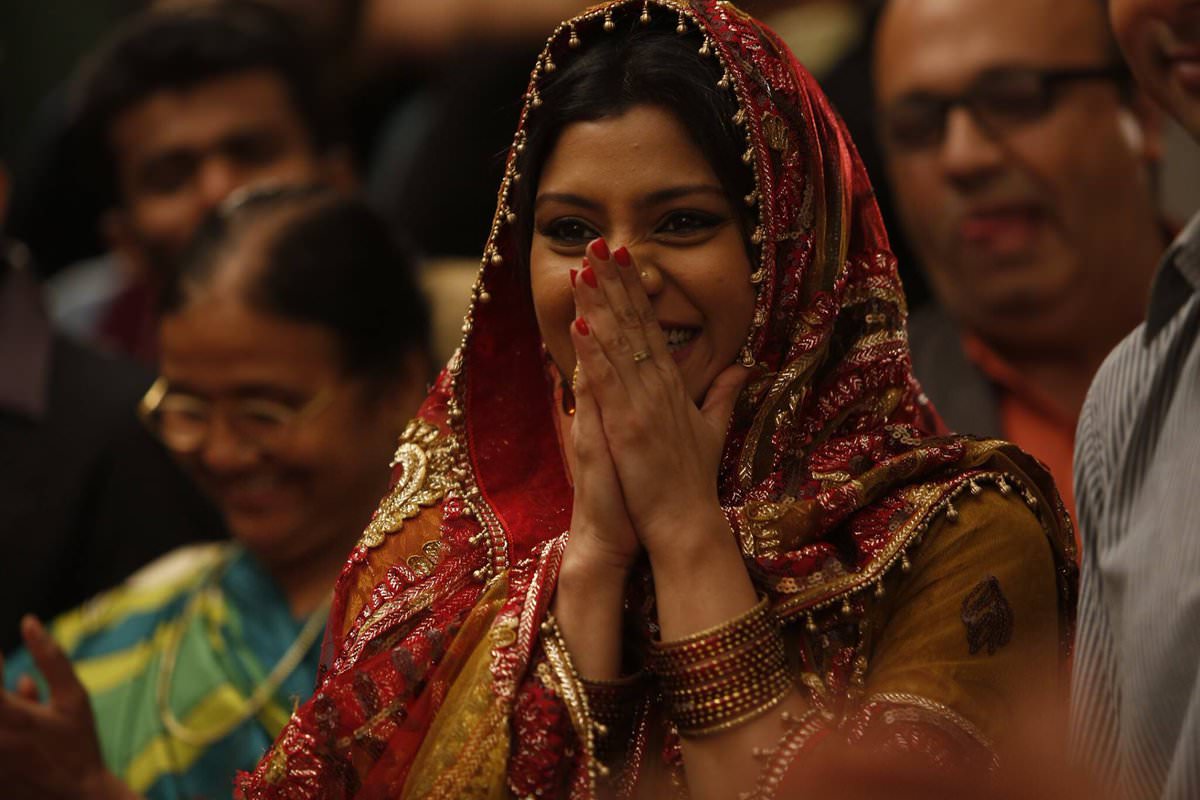
What was it like writing for such an unconventional and brave film like ‘Lipstick under My Burkha’? Where did you draw inspiration from?
Let me first confess something. I’m a lover of the true blue Bollywood film. I love the song and dance and all the drama that comes with it. I do look forward to catching world cinema at film festivals, but my heart beats for Bollywood. So, a film can be unconventional, brave and may have a very important message, but if it does not pass the ‘Entertainment Test’, I’m not excited by it. I believe most people primarily go to the movies to have a good time. The challenge for a writer who wants to convey a message through the movie is to make a good mix of the message in that package of ‘a good time’.
It was this ‘Entertainment Test’ that Lipstick passed (with flying colours) for me when I first read its screenplay. Alankrita, while fishing for new dialogue writers, had met me and had shared the screenplay. Imagine my joy to discover that not only was the screenplay a really powerful and important take on women’s lives and rights, but it was also a page turner!
“A film’s subject can be unconventional, brave and may have a very important message, but if the film does not pass the ‘Entertainment Test’, I’m not excited by it.”
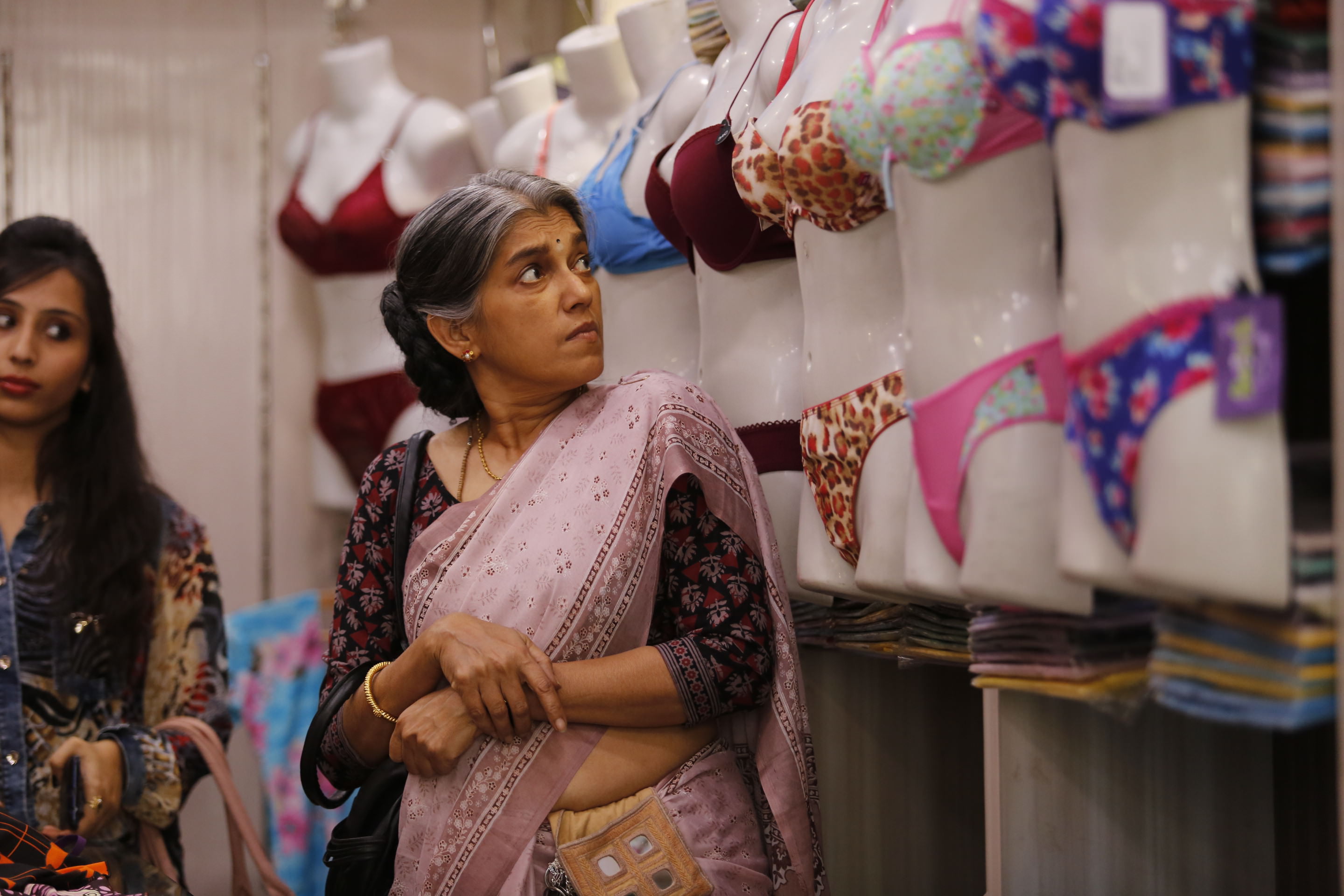
That made writing for Lipstick equal parts fun and challenging. Fun, because there was a constant undercurrent of (dark) humour in the story which I got to play with through dialogue. Challenging, because of the very real and disturbing truth the film deals with – about suppression of women’s sexual identity, actually suppression of women’s identity, period. Be it sexual, professional or something as small and personal as a desire to wear lipstick.
I saw a bit of myself in each one of our characters – Rehana, Shirin, Leela and Usha. Even though there is no apparent similarity between my life and theirs, I felt bound to them by this deep feeling of suffocation. Having lived the first 25 years of my life in a male body, feeling completely incapable of expressing my real identity (that of a woman), I felt an intense connection with all 4 of them, who also feel incapable of expressing who they really are or want to be. In my case, the ‘burkha’ or mask that I had to hide under was my own body. Somewhere, I feel most women struggle to break out of their ‘masks’ and that, in a way, is what makes Lipstick universal in its appeal.
“In my case, the ‘burkha’ or mask that I had to hide under was my own body. Somewhere, I feel most women struggle to break out of their ‘masks’ and that, in a way, is what makes Lipstick universal in its appeal.”
When you were writing the dialogue for the film, were you at all aware of the casting? Would that change how you write?
At the time of writing, the cast was not in place. And to be honest, even if it were, I don’t imagine it affecting my writing process. I like to stay true to the character, irrespective of the actor. After all, isn’t it ‘Acting 101’ that the actor must truly become the character? Of course, if during dialogue rehearsals, it sounds like a certain line is not sitting well on the actor’s tongue, then I try and fix it… but while writing, it’s only the character I care about and nothing else.
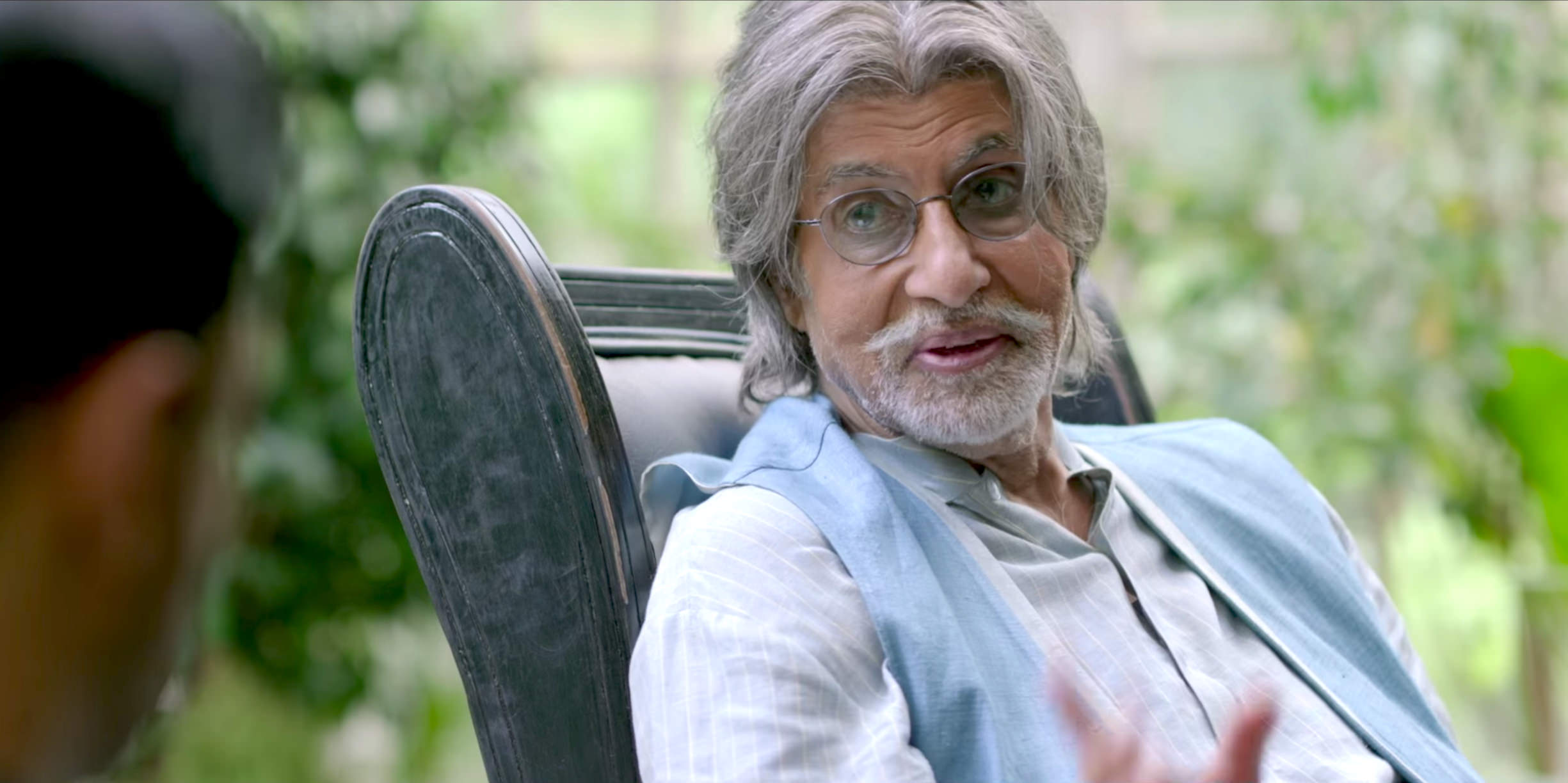
You have also written for ‘Wazir’, which was a big production. How is it different writing on a big budget film compared to an independent one?
To be fair, I was the Additional Dialogue Writer on ‘Wazir’. I was hired just 2 months before the film went on floors to improve the already existing dialogue in the script. So, the kind of time and emotional investment I could make in ‘Wazir’ does not match up to ‘Lipstick’. That said, I feel I won’t be doing justice to a film if my approach to writing it were to be different based upon its budget or production scale. What one does do is follow the director’s vision and the story’s requirement in each case and write accordingly. Now since that is different in each film, my writing would vary on its own, as it should.
Wazir had a larger-than-life protagonist in Omkar Nath Dhar (Amitabh Bachchan), so his style of speaking had to reflect that. He frequently spoke philosophically, sometimes in poetry and often, with a heroic energy. Lipstick, on the other hand, had protagonists rooted in reality. Their dialect (Bhopali), their thought process and their utterances all had to be as close to reality as possible, and yet, it had to be accessible, relatable and enjoyable.
I guess, to answer your question, I could say that more mainstream and larger-than-life films demand a kind of writing which is set in hyper-reality, while films like Lipstick need a more subtle, understated hand. I try to strike a balance in both kinds of films. Hyper-real cannot mean silly, just as understated cannot mean boring.
“Mainstream and larger-than-life films demand a kind of writing which is set in hyper-reality, while films like Lipstick need a more subtle, understated hand.”
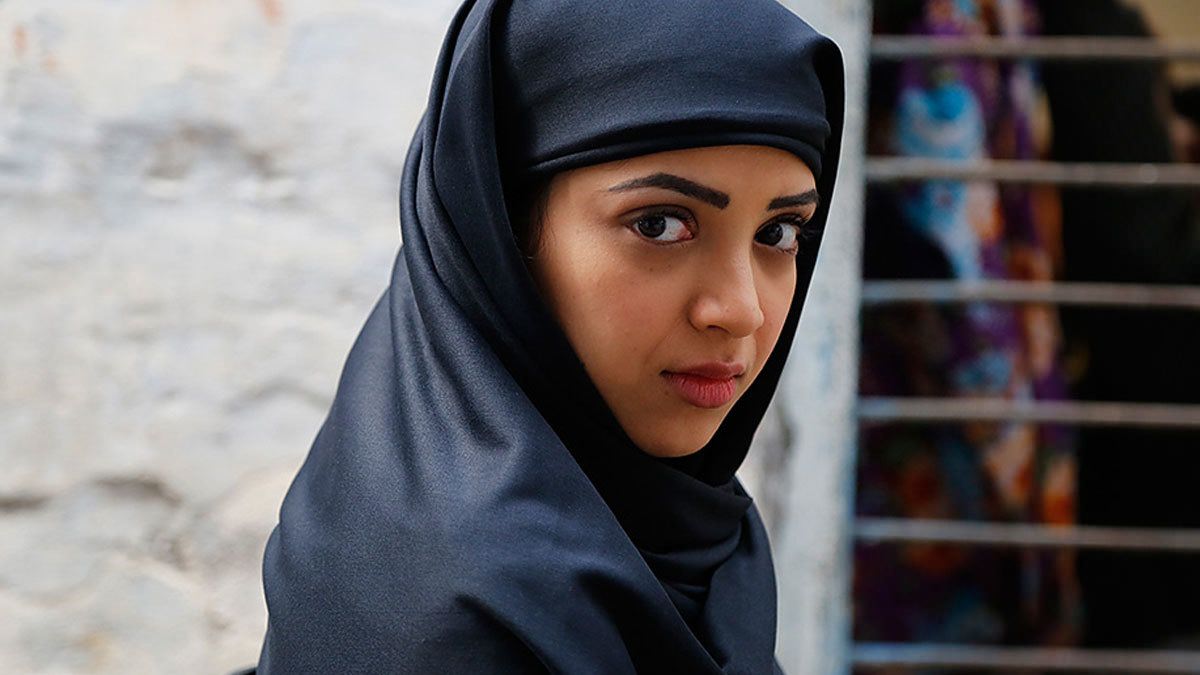
You are a role model to many young people and a strong voice in the LGBT community. What is it like, empowering others and paving a path for them?
You see, 10-12 years back, when I was struggling with my identity and with those crucial life-altering decisions [about sex reassignment], there were other people who were role models for me, who really helped me and comforted me simply by being out and visible. I had decided right then that once I had successfully transitioned, I too would be open and vocal about my journey. In a culture which associates shame and ridicule with any alternate sexual or gender identity, even being visible with pride is significant.
“In a culture which associates shame and ridicule with any alternate sexual identity, even being visible with pride is significant.”
Also, importantly, I am blessed to have two wonderful and rare people as my parents. It is highly uncommon for parents to embrace LGBT children with as much love and grace as my parents have. Hence, it is important that I speak up about them. I don’t know how much of a role model I have successfully been, but my parents, without a doubt, are role models for parents and family of other LGBT children.
I feel fortunate that my career choice has also enabled me with a medium that has the most far-reaching impact in India. In the future, I hope to use it to reach out to people’s minds and hearts, to speak to them about LGBT lives, about their world, their pain, their joys, and their rights.
“I don’t know how much of a role model I have successfully been, but my parents, without a doubt, are role models for parents and family of other LGBT children.”
As someone who is self-made, what would be your advice to aspiring screenwriters?
Write. Just that. Write.
Despite underpaid projects, write. Despite unmade scripts, unreleased films, through years of drafts and re-drafts, despite nobody willing to hire you, through hunger, sleep deprivation, heartbreak, more heartbreak, just keep writing.
And yes, watch films! All kinds of them. As many as you can. Watch films… and write!
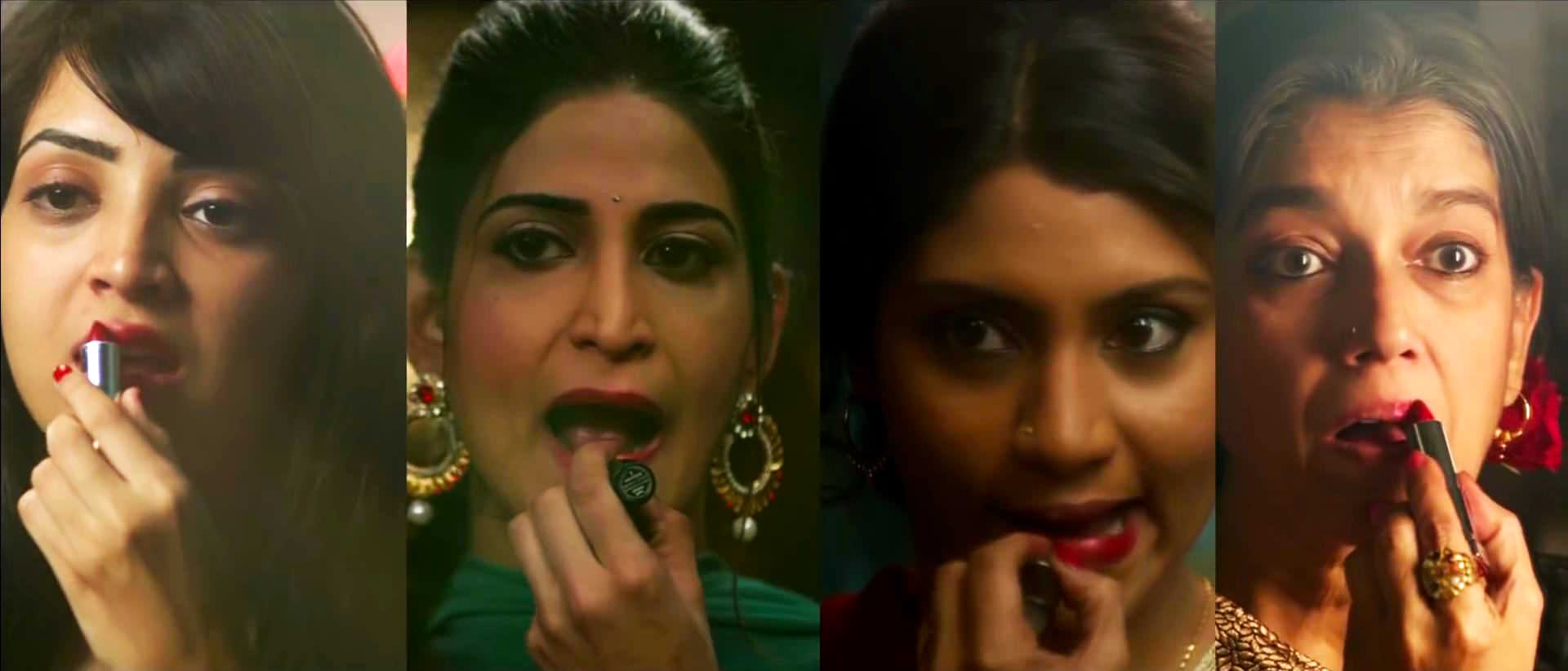
“Despite unmade scripts, unreleased films, through years of drafts and re-drafts, despite nobody willing to hire you, through hunger, sleep deprivation, heartbreak, more heartbreak, just keep writing.”
‘Lipstick Under My Burkha’ was the opening night film at the Indian Film Festival of Los Angeles in April 2017. It also played at the Mumbai Film Festival (MAMI) 2016 and Tokyo International Film Festival 2016. The film was initially banned in India by the Central Board of Film Certification (CBFC) calling it “too lady oriented”, which sparked an uproar. Recently, the film was cleared for release by an appeals tribunal (FCAT) which ordered CBFC to release it with a few cuts and an ‘A’ certification.













